Einfach eine Ausnahmekünstlerin
Die Babypause ist vorbei: Anna Netrebko kam, sang und wurde an der Wiener Staatsoper als Donizettis "Lucia di Lammermoor" zu Recht ausgiebig bejubelt.
Was war das für ein Rätselraten im Vorfeld? Wie würde sie aussehen? Wie würde ihre Stimme klingen? Und würde sie überhaupt singen? Ja, Anna Netrebko hat – nach ihrer Babypause und einigen Auftritten in St. Petersburg, an der New Yorker MET sowie am Londoner Opernhaus Covent Garden – nun auch wieder an der Wiener Staatsoper gesungen, die mörderische Titelpartie in Gaetano Donizettis "Lucia di Lammermoor".
Und diese "Lucia" war keine Netrebko-Show, sondern "nur" – im ganz positiven Sinn – eine seriöse, teils spannende, dank Netrebko in den Rang des Außergewöhnlichen erhobene Opernaufführung. Aber, um die eingangs gestellten Fragen zu beantworten: Netrebko sieht selbst in der gnadenlos abgespielten Inszenierung von Boleslaw Barlog aus dem Jahr 1978 sehr gut, sehr frisch, sehr erholt aus und ist als letztlich dem Wahnsinn verfallende Lucia auch um ein Maximum an darstellerischer Glaubwürdigkeit bemüht.
Starke Stimme
Die Stimme der Netrebko ist dunkler, gehaltvoller geworden. Die Sopranistin verfügt jetzt über noch mehr Substanz, Fundament und Dramatik als vor ihrer Pause. Aber Netrebko verfügt auch immer noch über alle geforderten Höhen und Koloraturen, die sie nicht nur in der so berühmten Wahnsinnsarie gekonnt als Stilmittel einsetzt. Gesang nicht als Selbstzweck, sondern als Ausdrucksmittel – auch das macht die Größe dieser Künstlerin aus. Dass Netrebko sich von der Partie der Lucia in wohl absehbarer Zeit verabschieden dürfte, um zu neuen vokalen Ufern aufzubrechen, ist aber hörbar.
Rund um den Superstar agiert ein gutes Ensemble: Giuseppe Filianoti meistert die Rolle des Edgardo sehr gut. Sein lyrischer Tenor passt gut ins Belcanto-Fach und harmoniert schön mit Netrebko, die bei ihrer Wahnsinnsarie übrigens erstmals von einer Glasharmonika (und nicht von einer Flöte) begleitet wurde. Der Bariton George Petean ist als Enrico ein sicherer Gegenspieler; der Rest schlägt sich recht tapfer.
Ausgezeichnet Dirigent Marco Armiliato, der Donizettis Musik feinsinnig zum Klingen bringt. Ovationen, Jubel.
And yes ! Translation follows ; ))
The translation ->
Easily an exemption artist
The baby break is over: Anna Netrebko came, sang and was rightly copious acclaimed at the state opera Vienna as Donizetti's "Lucia di Lammermoor".
What was this a guesswork in advance ? How will her voice sound ? And will she at all ? Yes, Anna Netrebko sang- after her baby break and some performances in St. Petersburg , at the New York's MET as well as at the London's opera house Convent Garden - now also again at the state opera Vienna, the murderous title role in Gaetano Donizetti's "Lucia di Lammermoor".
And this "Lucia" was no Netrebko-show, but "only" - in the most positive way - a respectable, partly thrilling, owing to Netrebko an extraordinary called opera performance. But, to answer the beginning questions: Netrebko looks even in the merciless replayed staging of Boleslaw Barlog from 1978 very good, very fresh, very recovered and is as in the end to the madness expired Lucia also anxious for a maximum of artist authenticity.
Strong voice
Netrebko's voice is darker, more rich in content. The soprano owns now even more matter, fundament and dramatic art than before her break. But Netrebko also still owns the required highs and coloraturas, which she doesn't only use accomplished in the so famous madness scene as stylistic device. Melody not as end in itself, but as means of expression - that as well makes the status of an artist. But that Netrebko will say good-bye to the role of Lucia in the foreseeable future, for moving to new vocal shores, is in evidence.
Around the superstar acts a good ensemble: Giuseppe Filianoti copes with the role of Edgardo very good. His lyrical tenor suits good into the bel canto fach and consorts nice with Netrebko, who was by the way accompanied for the first time by a glass harmonica (and not by a flute) in her madness-scene. The baritone George Petean is as Enrico a secured antagonist; the rest puts up quite a good fight.
Superior conductor Marco Armiliato, who can make Donizetti's music subtle sing. Ovations, Jubilance.
Women’s liberation
vor 6 Stunden
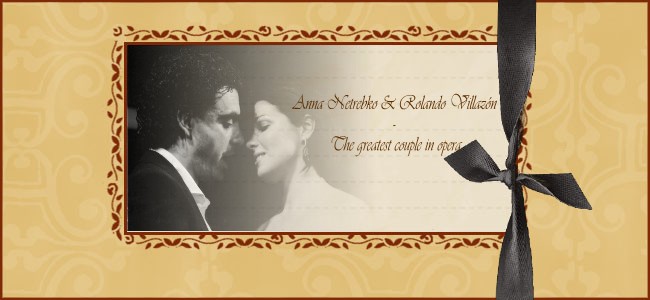

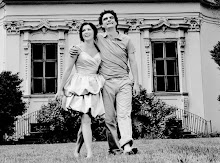
.jpg)

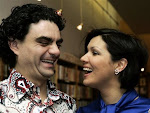

.jpg)

.jpg)


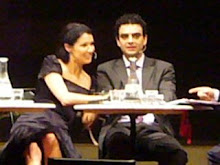.jpg)


.png)
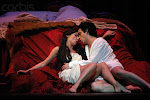


.jpg)
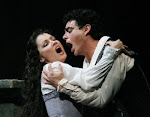.jpg)
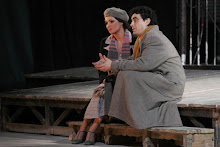.jpg)
.jpg)
.jpg)
.jpg)
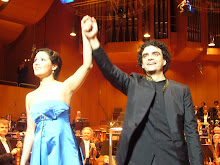.jpg)


.jpg)


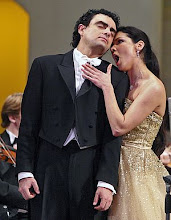.jpg)
.jpg)


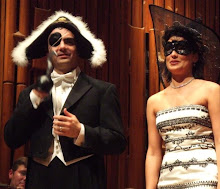


.jpg)
.jpg)

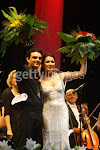
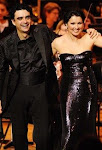.bmp)
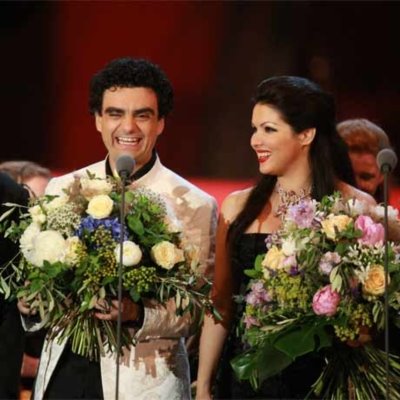
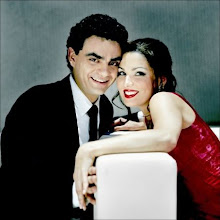
.jpg)

.jpg)




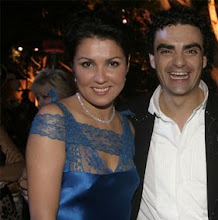+2.jpg)
.jpg)






















Keine Kommentare:
Kommentar veröffentlichen